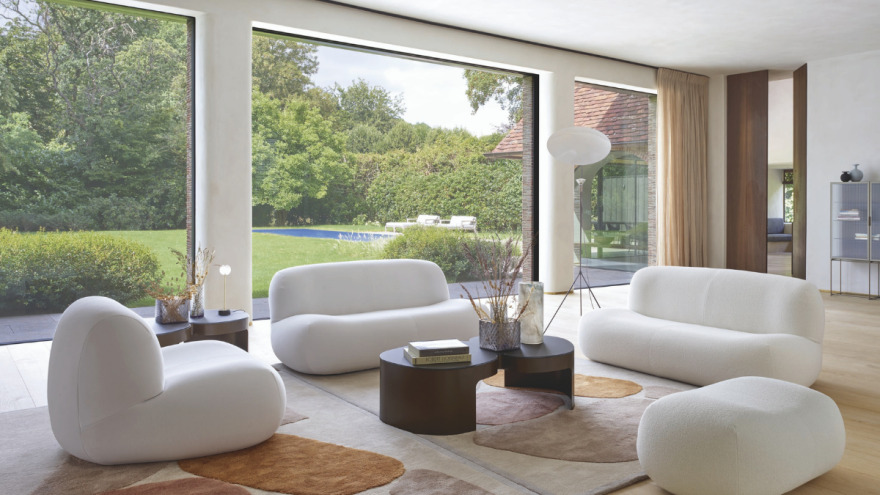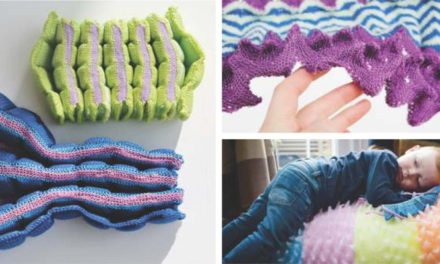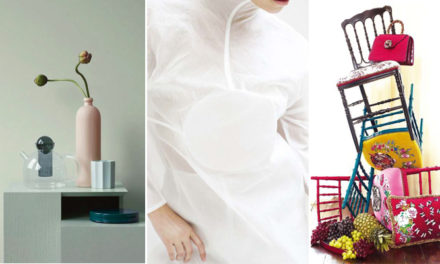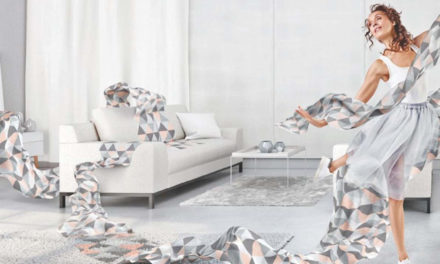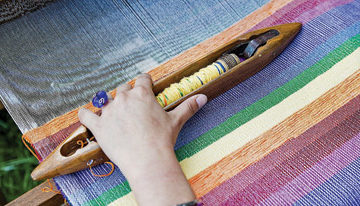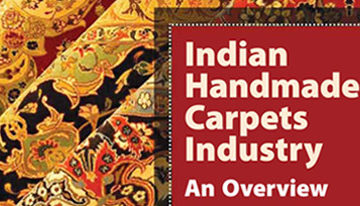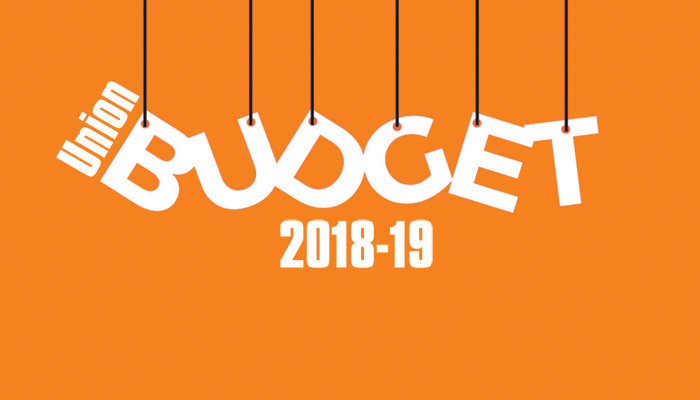Sometimes loud, sometimes very gentle – but always on the move: the world of textiles has real expertise in the art of the quick change. The home textile trends for 2022 see nature quietly and discreetly settling inside our homes, making a clear statement – it’s time to take a fresh look at familiar things.
Home textile trends: back to basics
Before the pandemic, our homes were just one part of our lives. We spent much of the day out and about. The coronavirus pandemic changed all that. Many people spent more time within their own four walls than ever before – our homes took on a central role in our lives. “Home living” became an inescapable theme last year. In times when instability seems to be everywhere, many people switch their focus to the essentials and crave security and peace, turning their homes into a natural refuge where they can recharge their batteries. This trend is also influencing the interiors and lifestyle sector.
Pure nature in colour and form
The connection between nature and home living is becoming increasingly important when it comes to textile design. It’s a matter of creating a symbiosis between natural materials, colours and textiles to infuse rooms with a warm atmosphere. Soft textures, amorphous shapes and muted earthy tones define the home textile trends for 2022.
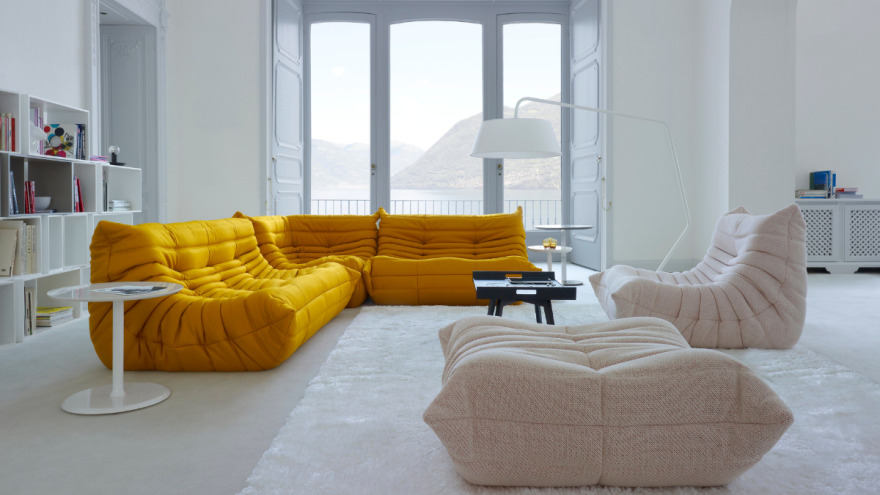
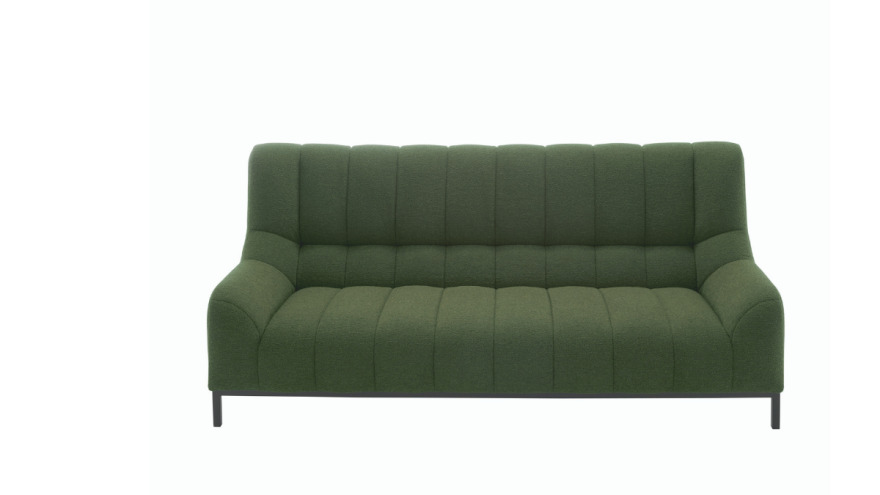
Rediscovering the classics: bouclé & corduroy
When most people think of bouclé, the first image that springs to mind is probably the world-famous and timeless Coco Chanel suit from the 1950s. In the 1980s and 1990s, the fabric disappeared from the trend radar. But this year it’s celebrating a fantastic comeback in interior design. Bouclé hits just the right spot between soft and hard-wearing. The upholstery is typically made of cotton and is especially durable. Whether on a sofa, armchair, cushion or as curtains, bouclé fabric is a real all-rounder and gives any room a cosy vibe. Paired with wood or metal, it softens the more hard-edged elements.
Another tactile highlight from days gone by is enjoying a revival, too – corduroy. A timeless classic that is quite rightly settling back in to our homes. Its soft structure means the fabric is well-suited for sofas and seating furniture of various kinds, with its characteristic vertical furrows making the material particularly exciting. And best of all, corduroy fits into any interior design style with ease – contrary to its stereotype of being stuffy.
A mix & match of natural materials and shapes
Natural materials like linen, wool and wood immediately lend an organic, vibrant quality to any home. The natural connection is especially apparent from last year’s DIY boom, with many walls now adorned by macramé – decorative art made by knotting wool. Cushions and blankets made of woven and braided wool in muted cream tones also create a natural and cosy look. Organic patterns and structures inspired by nature are now a must in every home.
Catapulted straight into the 2022 textile trends from the fashion world, “organic camouflage” gives camo patterns a makeover. In warm earth and pastel shades, this on-trend motif calls to mind soft, sandy beaches, the sea or the forest. On a rug or a cushion, “organic camouflage” creates a vibrant look when paired with a lowkey couch.
Take the plunge with bold patterns
Whether on wallpaper, rugs or accessories, floral prints in sumptuous colour combinations are still in fashion when it comes to fabric design. In dark shades of green, they forge an elegant connection to nature, and dramatic floral prints on wallpaper make a statement in any room. But even small accessories and decorative elements like floral cushions or blankets on a monochrome sofa or armchair can have a big impact. Combined with light hues and patterns, the overall result is a harmonious interplay of colours and textures. Alongside floral textiles, upholstered furniture with geometric prints is a trend that demands the courage to be different. Large and small geometric patterns add depth to any material and are an artful way of bringing life into the home.
Sustainable materials and textiles
The global sustainability trend also raises questions concerning textile production. Where does the product come from? Is the manufacturing process environmentally friendly? The textile industry has responded with fabrics made from recycled polyester or resource-friendly hemp, cork as a substitute for wood, or fair-trade organic cotton. Alternatives to animalderived fabrics are also becoming more common in the textile industry. Vegetarian or vegan leather can be produced from many natural resources, from apples and pineapples to mushrooms and cacti. The range of sustainable and environmentally friendly textiles has expanded in recent years and is expected to continue to grow.
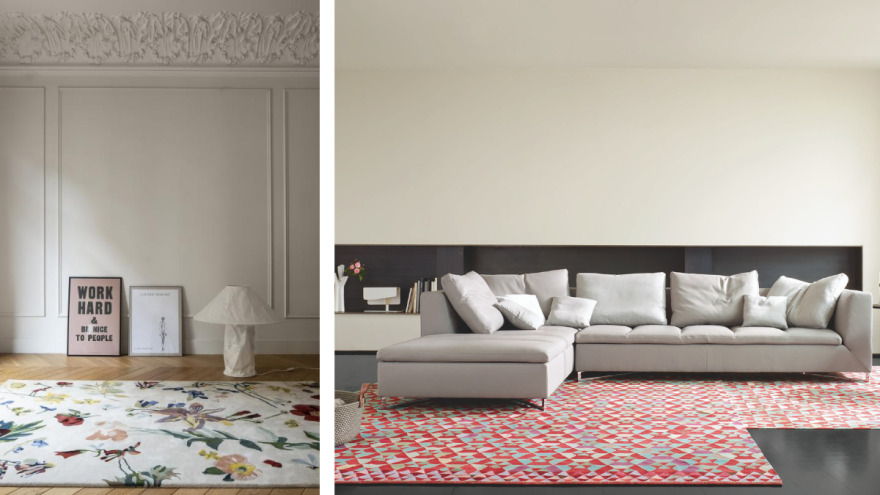
Looking ahead to a sustainable future
Every year, the textile trends for the home trigger new momentum in the interior design industry. And they have perfectly captured the spirit of the times this year, too. With its focus on natural and sustainable materials, the textile sector is demonstrating a clear paradigm shift by recognising that nature must be protected if we’re to continue drawing inspiration from it.


